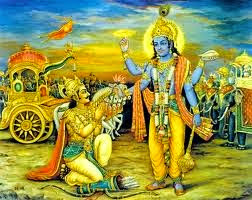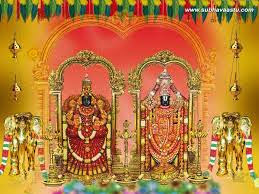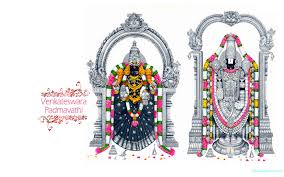Gita : Ch-10. Slo-10.

Srimad Bhagavad-Gita : Chapter-10. ( Vibhuthi - yogam ) Slokam-10. ( To those who are constantly devoted and worship Me with love, I give the understanding by which they can come to Me) tesham satatayuktanam bajatam pritipurvakam, dadami buddhiyogam tam yena mamupayanti te. satatayuktanam = always engaged with Me; pritipurvakam = with highest ( supreme ) devotion ( love ); bajatam tesham = those devoting ( their love ) unto Me; yena te mam upayanti = to attain ME, the necessary; tam buddhiyogam dadami = "BHUDDHI YOGAM " ( INTELLIGENCE ), I GIVE ( THEM). Here Lord Krishna verifies the reality that such great beings as His devotees, who worship Him out of great devotion with constant love, factually exist. ...












